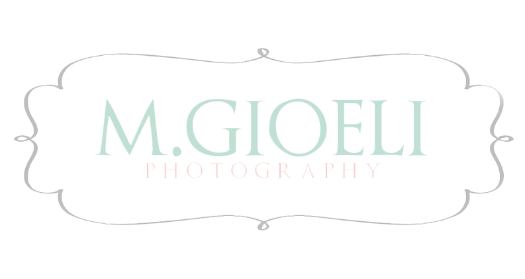Ah, the age-old photography debate: Nikon or Canon? Ask any group of photographers which is better and you’ll probably spark a lively (and never-ending) discussion. Whether you’re buying your first DSLR or looking to upgrade your gear, choosing between these two iconic brands can feel overwhelming.
The truth? Both are incredible. It’s less about which brand is better and more about which one is better for you.
Let’s break down the key differences to help you decide.
1. User Interface and Feel
This one is huge, especially if you’re newer to photography.
-
Canon is often praised for having a user-friendly interface. The menus are clean, intuitive, and easier to navigate for beginners.
-
Nikon has a slightly more technical feel, but many photographers actually prefer its logical layout once they get the hang of it.
➡️ Try holding both brands in your hands if you can! The way a camera feels when you’re shooting matters more than you’d think.
2. Image Quality
Both Nikon and Canon offer beautiful image quality across their DSLR and mirrorless lines.
-
Nikon cameras often excel in dynamic range and low-light performance. This means more detail in shadows and highlights—especially helpful for landscape photographers or anyone who loves to shoot during golden hour or indoors without a flash.
-
Canon tends to have slightly warmer tones and excels in color science, especially when photographing skin tones. Many portrait photographers love Canon for this reason.
3. Lens Options and Compatibility
Both brands have a massive lineup of lenses—but here's what to consider:
-
Canon has more native lens options for their mirrorless RF mount right now.
-
Nikon has fewer native mirrorless lenses, but they’re catching up fast—and you can still use their older F-mount DSLR lenses with an adapter (same with Canon’s EF lenses).
➡️ If you already have lenses from one brand, that might be your deciding factor.
4. Mirrorless Momentum
Mirrorless cameras are the future—and both Nikon and Canon are racing to the top.
-
Canon's R-series (like the R6 and R5) have gained major traction, especially with hybrid shooters (those doing both photo and video).
-
Nikon’s Z-series (like the Z6 and Z8) have gotten rave reviews for sharpness, image quality, and improved autofocus.
If you're switching to mirrorless, look at what features matter most—eye tracking, video capabilities, or price point—and compare accordingly.
5. Price and Value
Both brands offer a range of price points for beginners to pros. You’ll often find Canon has slightly better entry-level options, while Nikon sometimes gives you more value for money in the mid-range and pro levels.
But honestly? You can't go wrong with either.
So…Nikon or Canon?
At the end of the day, it comes down to what feels right for you:
-
Want a more intuitive camera with great color science for portraits? 👉🏼 Canon might be your match.
-
Want sharp detail, strong low-light performance, and a great long-term investment? 👉🏼 Nikon is a powerhouse.
Final Thoughts: Don't get caught up in brand loyalty. The best camera is the one you’ll actually use, learn on, and grow with. Whether it says Nikon or Canon on the front doesn’t matter nearly as much as what you create with it.
📸 Already team Nikon or Canon? Drop a comment below and tell me your favorite gear—and why you love it!


Leave a comment
0 Comments